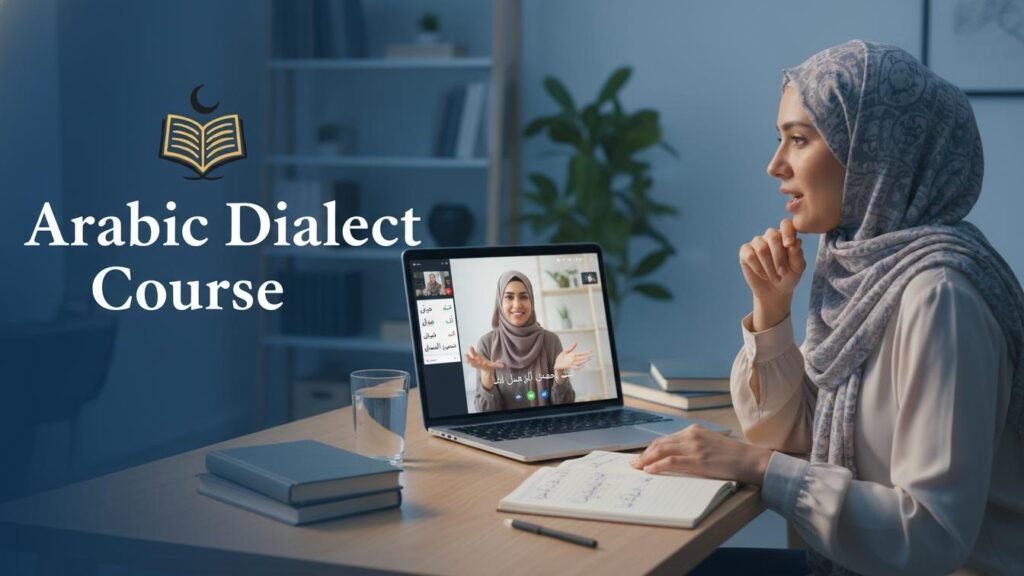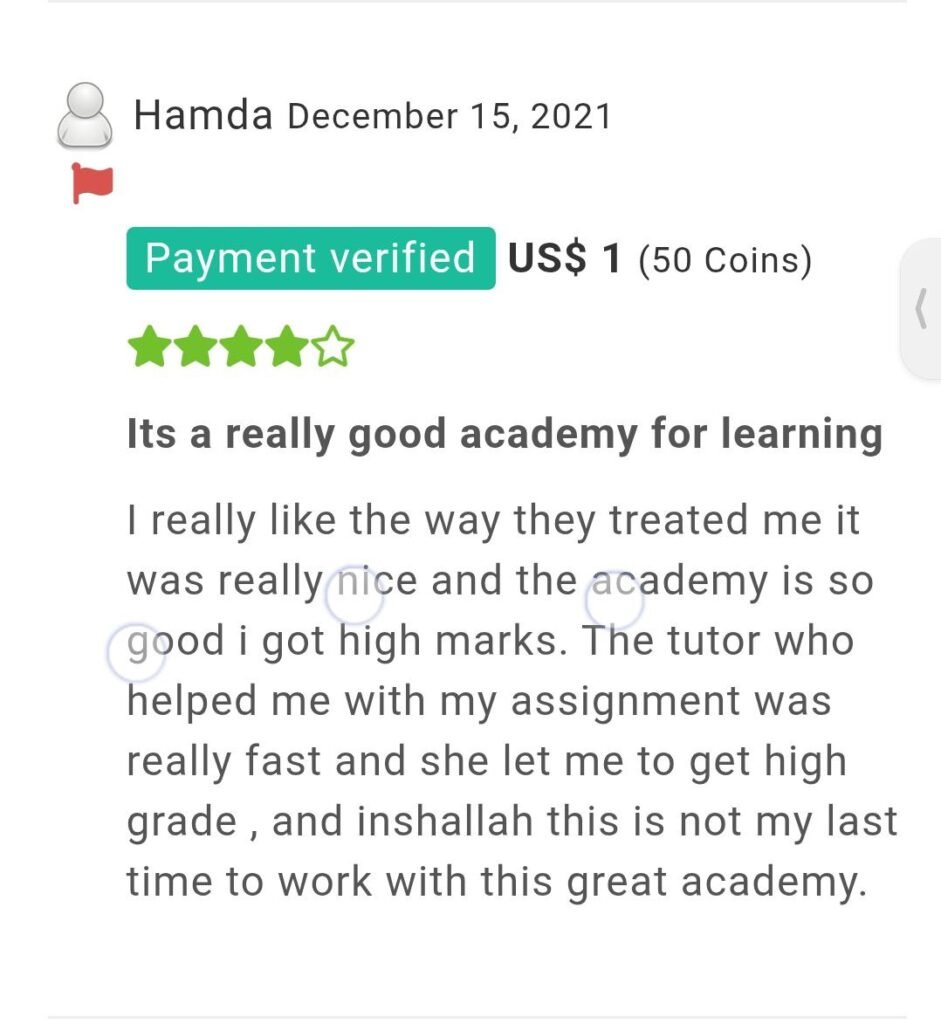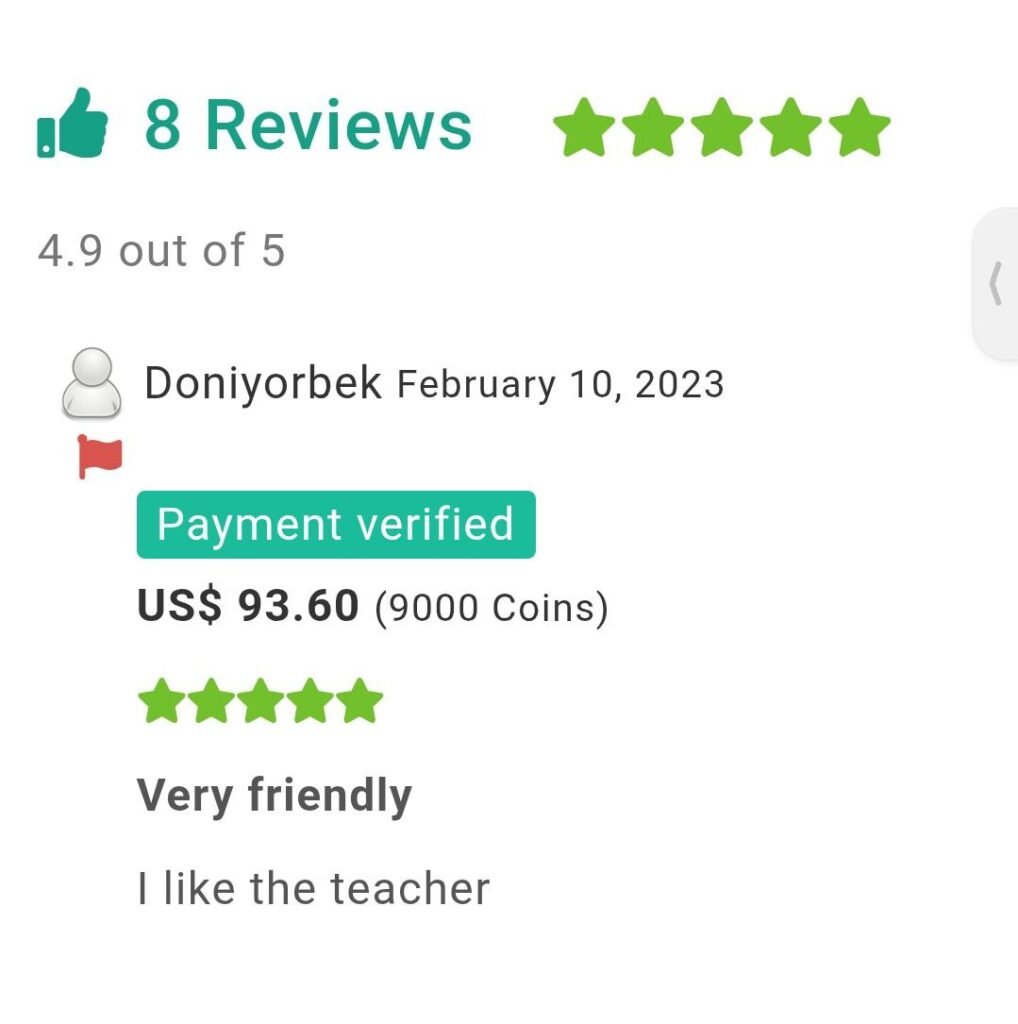Arabic (Dialect) Courses
Learn specialized Arabic (Dialect) Courses! Discover the secrets of different dialects. Join now and start your journey to mastering colloquial Arabic!
Do you want to speak Arabic like native speakers? Discover the beauty and diversity of Arabic dialects through our Arabic (Dialect) Courses! Whether you are looking to understand the Egyptian dialect, interact in the Levantine dialect, or speak in the Gulf dialect, we have the tools and methods to help you communicate fluently and confidently in everyday situations. Get started now and start your journey to mastering Arabic dialects!

- Course objectives
- What you’ll learn
- Course features
Course objectives
Arabic (Dialect) Courses aim to achieve a set of objectives that enable learners to communicate effectively and naturally with Arabic speakers. The most prominent of these objectives are:
- Develop daily conversation skills: Enable the learner to speak fluently and understand spontaneous conversations in different life situations.
- Enhance cultural understanding: Learn about the customs, traditions, and social behaviors associated with the selected dialect to facilitate interaction with the local community.
- Acquire common vocabulary and expressions: Learn words and idiomatic expressions that native speakers use in their daily lives.
- Improve listening skills: Develop the ability to understand natural pronunciation and different dialects in real-life conversations.
- Enhance confidence in communication: Build the learner’s confidence in using colloquial language in informal situations such as shopping, traveling, and work.
- Adapt to different environments: Enable the learner to adapt easily in Arab countries by understanding the local dialect and communicating effectively.
- Simplify language learning: Provide easy and direct educational content based on simple rules, away from the linguistic complexities of classical Arabic.
- Support correct pronunciation: Train the learner on correct pronunciation and accurate vocal output of the chosen dialect.
- Distinguish between dialects: Help the learner understand the differences between Arabic dialects and choose the most appropriate one according to his needs.
- Practical benefit in professional life: Improve job opportunities and communication in work environments that require mastery of colloquial dialect.
What you will learn
In Arabic (Dialect) Courses, you will learn the following skills:
Everyday Vocabulary: Acquire words and phrases used in everyday life such as greetings, shopping, food, and transportation.
Idiomatic Expressions: Understand and use common phrases and figurative expressions specific to each dialect.
Simplified Grammar: Learn the basic grammar rules that facilitate the formation of sentences fluently in the selected dialect.
Conversation Skills: Develop the ability to speak and listen fluently through real communication situations.
Learn about the local culture: Understand the customs and traditions associated with the dialect to enhance effective communication.
Distinguish between different dialects: such as the Egyptian, Levantine, Gulf, or Moroccan dialects, and choose the one that best suits your needs.
Correct Pronunciation: Learn the correct pronunciation of vocabulary and avoid common mistakes.
Writing Skills (in some courses): Learn to write texts in the colloquial dialect if it is part of the content.
Course features
Arabic (Dialect) Courses are characterized by several aspects that make them an ideal choice for learning the language in a practical and effective way. The most prominent advantages are:
- Learning the language of everyday life: Arabic (Dialect) Courses focus on vocabulary and phrases used in everyday conversations, which facilitates communication in different life situations.
- Diversity of dialects: Provides multiple options for learning different dialects such as Egyptian, Levantine, Gulf, and Moroccan according to the learner’s needs.
- Ease of learning: It relies on simple grammatical rules compared to classical Arabic, which makes it easier and faster to learn.
- Enhancing communication skills: It helps develop speaking and listening skills with confidence in social and practical situations.
- Understanding the local culture: It integrates cultural content that enhances understanding of the customs and traditions associated with each dialect, which enriches the learning experience.
- Learning flexibility: Arabic (Dialect) Courses are often available online or in person, giving the learner flexibility in choosing the appropriate time and place.
- Interactive content: It relies on real-life conversations, practical exercises, and interactive activities to facilitate understanding and application.
- Meeting practical needs: Ideal for travelers, workers in Arab countries, or those interested in Arab culture and want to communicate effectively and quickly.
- Support for correct pronunciation: Focus on improving pronunciation and learning dialects in the way native speakers pronounce them.
- An engaging learning environment: Using videos, language games, and listening exercises to provide an enjoyable learning experience.
FAQS
Standard Arabic is the official language used in writing and media, while colloquial dialects are used in everyday conversation and vary from country to country.
No, the courses are designed to suit all levels, from beginners to advanced.
The courses are delivered online through live lessons and video recordings, with interactive exercises to enhance conversation skills.

- teacher MOHAMED is great he’s teaching two of my boys and both are at different stages of arabic. This teacher is patient and makes the lessons fun. Since my eldest son has been having lessons from this teacher his Arabic had improved significantly in both understanding the language aswell as his pronunciation. This teacher is prefect to give you a head start make lessons fun and engages his students in a manner that they actually feel positive after the lesson. Arabic for Children Courses, I have become proficient in speaking, writing and reading as well.
Jamila Mahmoud



